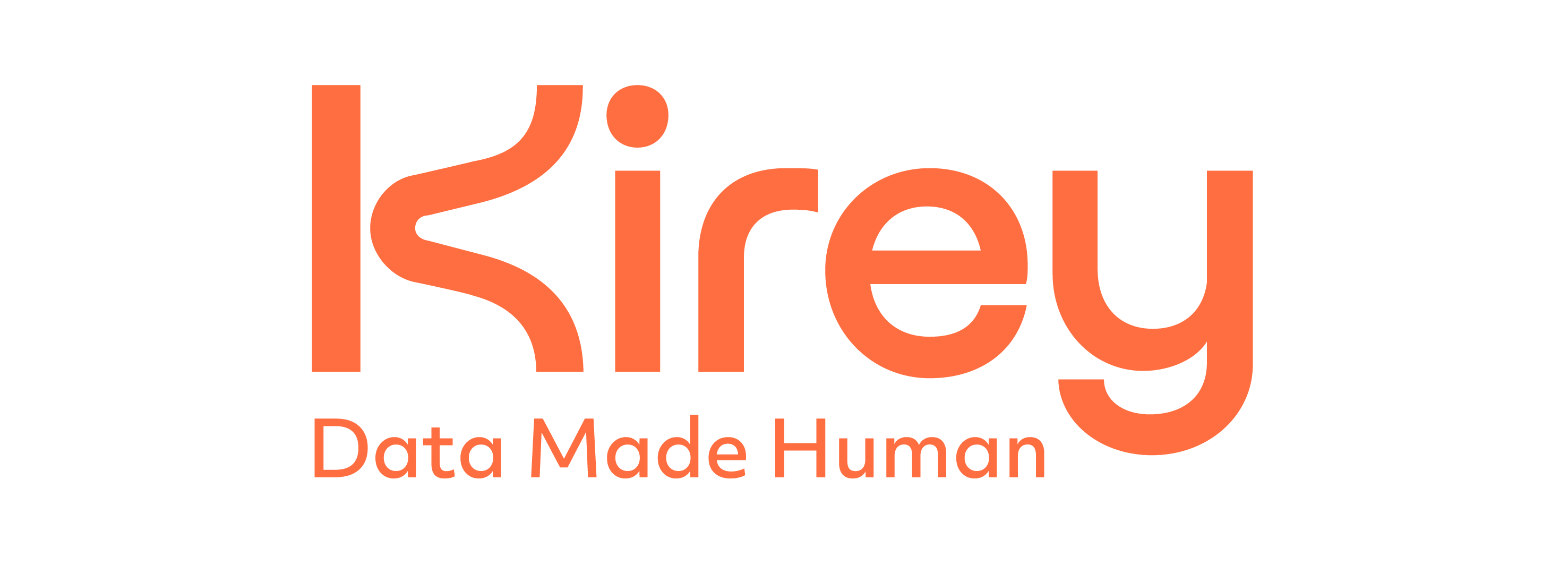Real-time information and data is an increasingly strategic asset for companies to improve services and to enable business opportunities.
By Valter Cavallino, Business Line IMA Senior Manager BI & Analytics Tool at Kirey Group
Over the past two years we have witnessed an unprecedented boom in the volume and variety of data, and in the speed of their exchange and availability. Real-time up-to-date information and data have become an increasingly strategic asset for companies, essential to improve the services they offer and to enable new business opportunities.
In this context, the definition of the data has profoundly changed. Today we can fully speak of a "second era of big data": data exchanged at an ever-increasing rate and they fully support the transformation of the company, enabling flexible and scalable interconnected systems and solutions, improving the user experience.
An evolving scenario
Today, companies need information to be immediately available to make real-time decisions, and business data needs are becoming more and more specific, but the scenario in data management and integration has yet to evolve to support this transformation. Several data sources are still stored in functional silos, separated from other sources, and even data lakes now contain multiple data silos. In addition, emerging technologies, such as multi-cloud, artificial intelligence and machine learning, lead to increasingly heterogeneous data volumes, making the scenario increasingly complex.
A virtual view of the entire company’s information assets
Traditional data integration systems are failing to support this evolution and they have a high effort in economic, resource and time terms, unable to cope with change.
That is where data virtualization comes in, a modern integration strategy that takes a completely different approach than more traditional ones, not physically moving data to a new reliable destination but by creating a virtual view of the entire company’s information assets in real time.
As confirmed by Gartner, 60% of all organizations worldwide will choose to implement data virtualization as a key delivery mode in their data integration architecture by 2022.
For a company, this is certainly, this is a cheaper option to maintain than the traditional integration tools: replicating, moving and phisically storing data multiple times is expensive while creating a virtual data layer eliminates the need for replication or storage costs.
However, data virtualization is not only a sustainable approach that allows us to face the current challenges of data integration, it also lays the foundations for a "future proof" data strategy.
With data virtualization it is possible to connect any data source (database, data warehouse, cloud application, big data repository and more), to define integration paths, aggregation, distribution (also generating real time information, reports, dashboards, portals, mobile and web applications) and to manage information assets ensuring governance and traceability consistent with control rules and regulations and centralized security processes, cataloging and discovery.
Furthermore, data virtualization avoids data duplication simplifying and streamlining the process of merging heterogeneous data with a consequent saving on the costs of data verification (DQ & DG) and storage systems.
Capturing the great value of data virtualization, Kirey Group has chosen to start a strategic partnership with Denodo, a company recognized by analysts as a leader in data virtualization and a pioneer in this field for over 20 years, becoming one of the first certified partners of the company in Italy and investing continuously in internal training compared to the platform.
The partnership of Kirey Group and Denodo was born in 2019, when the two companies together realize a POC for a customer in the banking sector, and our team could grasp the value and the potential of this solution.
Kirey Group by choice is usually agnostic compared to the adoption of the individual technological tools proposed by vendors, but in the case of Denodo was made an exception because, concretely discovering the potential of the technology together with our customers, we have decided to invest in the solution and further develop our skills to fully exploit its potential also for future projects.
In these first years together, we have produced an automation system for testing and squaring test data and we have been running several Pocs and projects with insurance and banking industry realities to reduce, for example, the complexity of the information in the data warehouse.
In my opinion, one of the main advantages for customers, is the ability that today Kirey Group has to exploit the Denodo platform to simplify data management and to have unique access to heterogeneous sources, avoiding its redundancy. Data virtualization, in fact, allows us to establish a centralized access point for all types of information and metadata in the company, allowing security management, data governance and performance monitoring.
Also in the coming months, the innovative use of Denodo’s data virtualization platform will allow us to bring more flexibility within companies enabling future innovation, in line with the goal that has always been the Kirey Group: to support companies in their path of evolution, thanks to the skills in the management and orchestration of emerging technologies and a consolidated experience.



